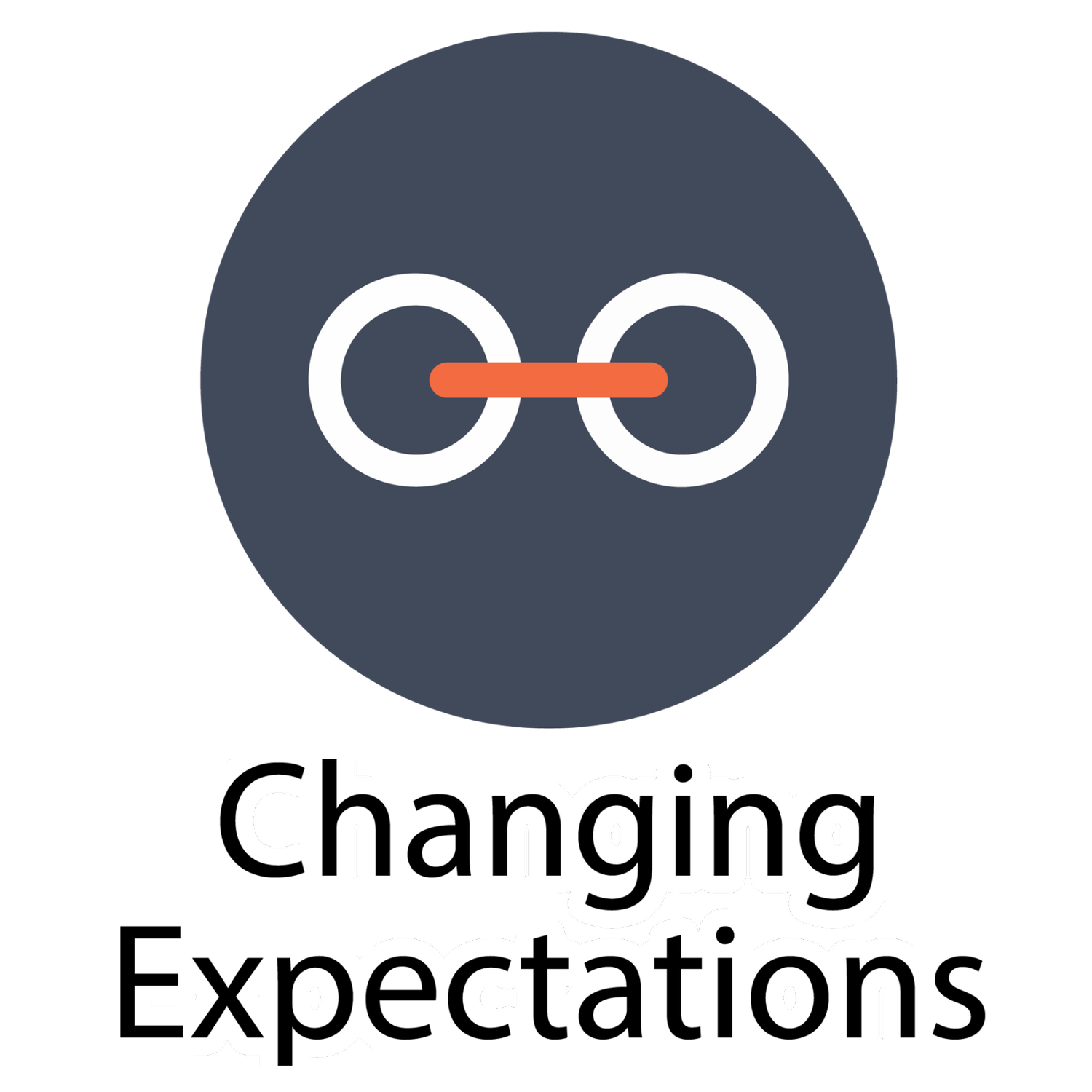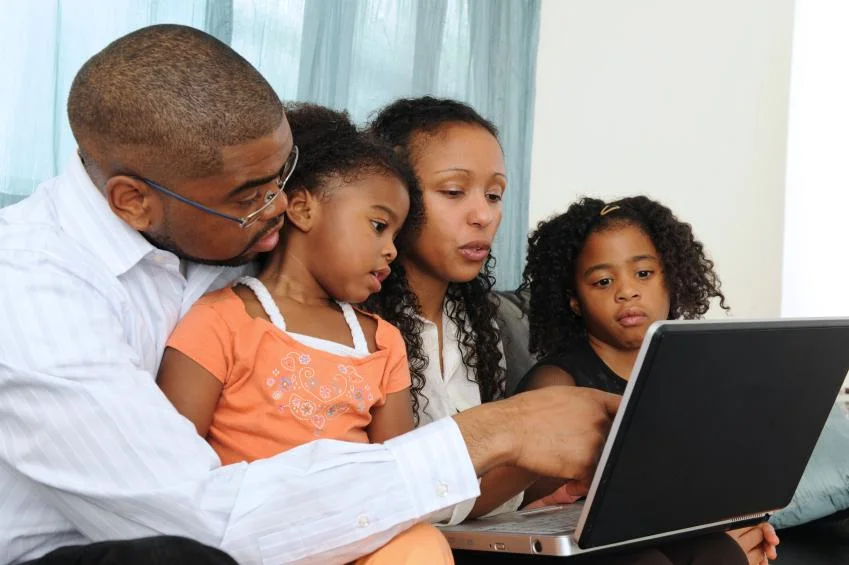Developing your Children's Coding Skills
Teaching children how to code, means teaching them a programming language that runs computer programs, apps, devices and games. “Coding” is shorthand for computer programming. There are various programming languages, such as Java, Python, C++. Knowing one programming language makes it much easier to learn other programming languages. Teaching children coding is catching on with non-profits, special interest groups, large-scale philanthropies, and the media for a very good reason: kids who code will have a tremendous advantage in the job market.
The ability to program the various technological tools that infuse our daily lives is currently in high demand in the job market and the demand is only growing. Estimates vary in optimism, but the projected numbers range between 1.4 million and 2.1 million jobs in computer science and STEM-related fields of science, technology, engineering and math by 2020. Back planning for this human resource need means preparing all kids today to seize the opportunity it presents.
Learning to code is more than learning a mechanical, discrete skill set. It’s learning a way of thinking that promotes analyzing, problem solving and creativity. As early as the 1980’s, cognitive science researchers were finding early indications that learning computer programming made students “better at some aspects of problem-solving,” and that the “effects of learning a computer language go beyond the content of that language.” These results came out in 1984.
Educators understand that meeting the future means having new literacies, such as programming, media and technology, just to name a few, but state education systems have been slower to respond to this cultural shift. Computer programming is still an elective in many states rather than a graduation requirement for all. While state-level curriculum and policy issues are evolving, there’s a pressing need to ensure that all kids are presented with an equitable opportunity to learn coding. This need must be addressed at the district, local and family levels.
At the district level, there must be accessibility to resources for teachers and students. There should be opportunities to take computer science courses at early ages, with active encouragement of girls and minority students so that they are not disadvantaged in the future economy. There should be serious consideration to making such courses graduation requirements rather than electives. Skills that lead to gainful, stable employment are skills educational administrators need to prioritize. It is part of making students prepared for life.
After-school and summer programs in computer science should be offered to students of all ability levels, not simply reserved for the gifted and talented populations. Some kids may need extra-help in the beginning, especially if they have low-confidence in their ability levels.
Parents can play a huge role in sparking interest in coding and computer science, nurturing their child’s natural curiosity about how things work, and building confidence in their children.
Here are some things parents can do today:
Spark Interest in Coding
Expose your child to computer coding early in their life. Children as early as four years old can learn the fundamental concepts of computer programming in fun, interactive ways. Guide your child to playing games or using software that promote learning to code. Code.org and Computer Science Education Week are great resource hubs for children of all ages.
Nurture Curiosity
Look for community programs, STEM or computer science-focused summer-camps at community colleges or the state universities. If you do a search on YouTube for teaching kids to code, about ninety thousand videos pop up. Encourage your child to watch them, or better yet, watch them together. Learning a new literacy is strongly supported when it is modeled. It’s the same notion as reading to your children. You spend bonding time together in this new literacy space that creates positive memories around the learning experience. If it’s Greek to you, ask your child to explain it. YouTube and Khan Academy are great resources for this kind of learning because you can set the pace of your and your child’s learning, pausing when needed or to ask questions.
Build Confidence
Learning to identify problems and fix them or debug them can be a frustrating process. Encourage your child through their short-term failures; remind them of how far they have come in their understanding from when they began. Guide your child to see what was learned in the ‘failure’ that led to the positive outcomes. Give your child recognition for little successes. Like learning any language, it will take time and effort. But it is time and effort that couldn’t be better spent; it helps your children develop critical thinking skills and helps set a foundation for future learning. Being involved in your child’s learning is one of the simplest and most powerful single things you can do as a parent. It doesn’t mean having all the answers or knowing the content ahead of time. It means being present for your child’s unique learning process.
Be an Advocate
As your child’s closest advocate, it’s important to know what local resources are available and what resources need to be made available. Talk to your child’s teacher or school administrators about getting computer science courses, or at least provide resources and learning opportunities, if the school does not have any. If they do, strongly encourage your child to sign-up and take advantage of them. Attend PTA/PTO/school board meetings and make your voices heard. Start a petition and send it to the district superintendent. Or better yet, write an old-fashioned letter. Organize a parent letter writing night if you are in a community where such a need can no longer go ignored. Talk with the local librarian about resources. If there aren’t many, ask the librarian to order them. Libraries do their acquiring based on the perceived needs and interests of their communities.
Coding may not be for every child, but every child should have the opportunity to make that decision after checking it out. As parents, we can support, encourage, and advocate—and we should. There’s a future world of opportunity in computer science-related fields and all our children deserve a chance to participate in it and benefit from it. It’s a skills and knowledge-based opportunity. If parents, the local community, and educators collaborate, it can be an equal opportunity.

